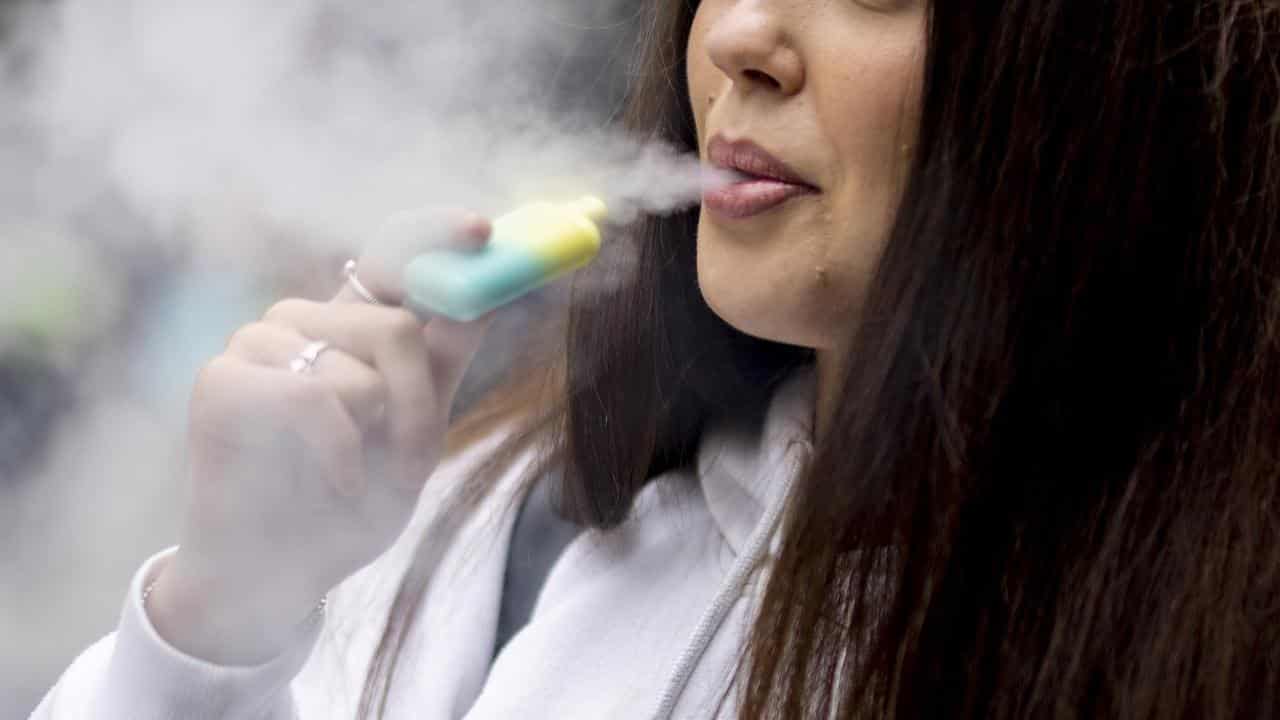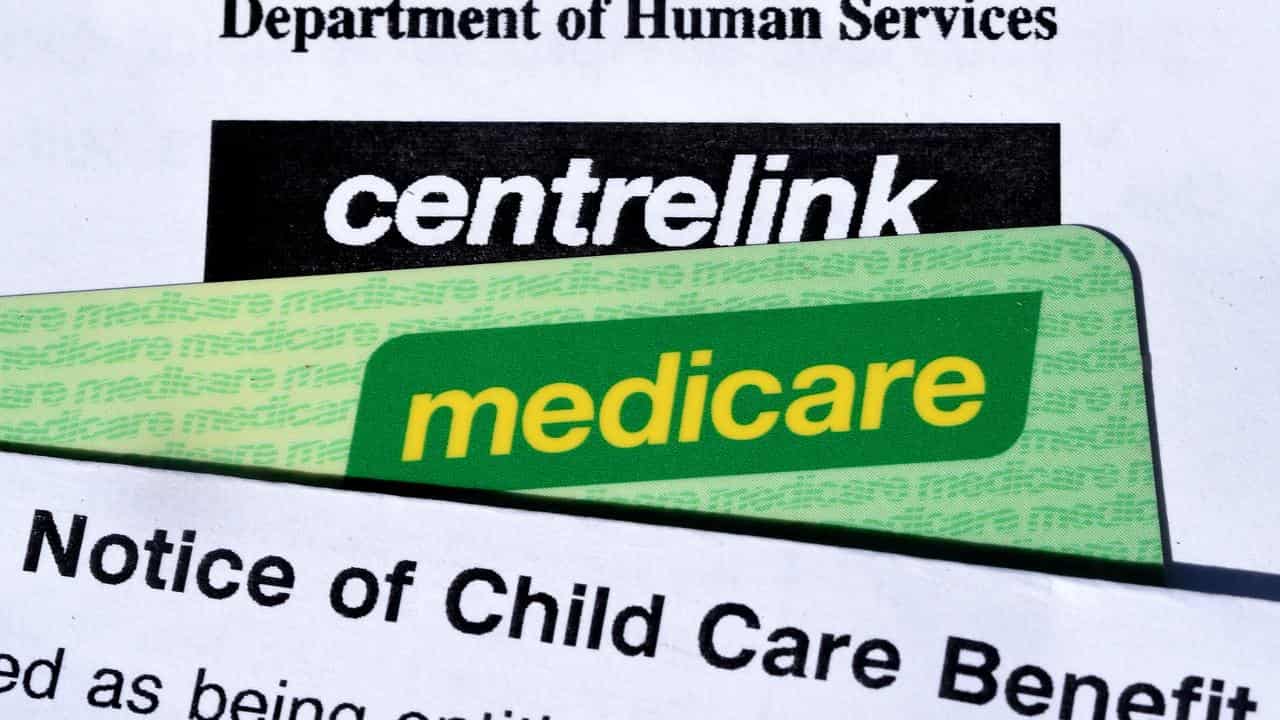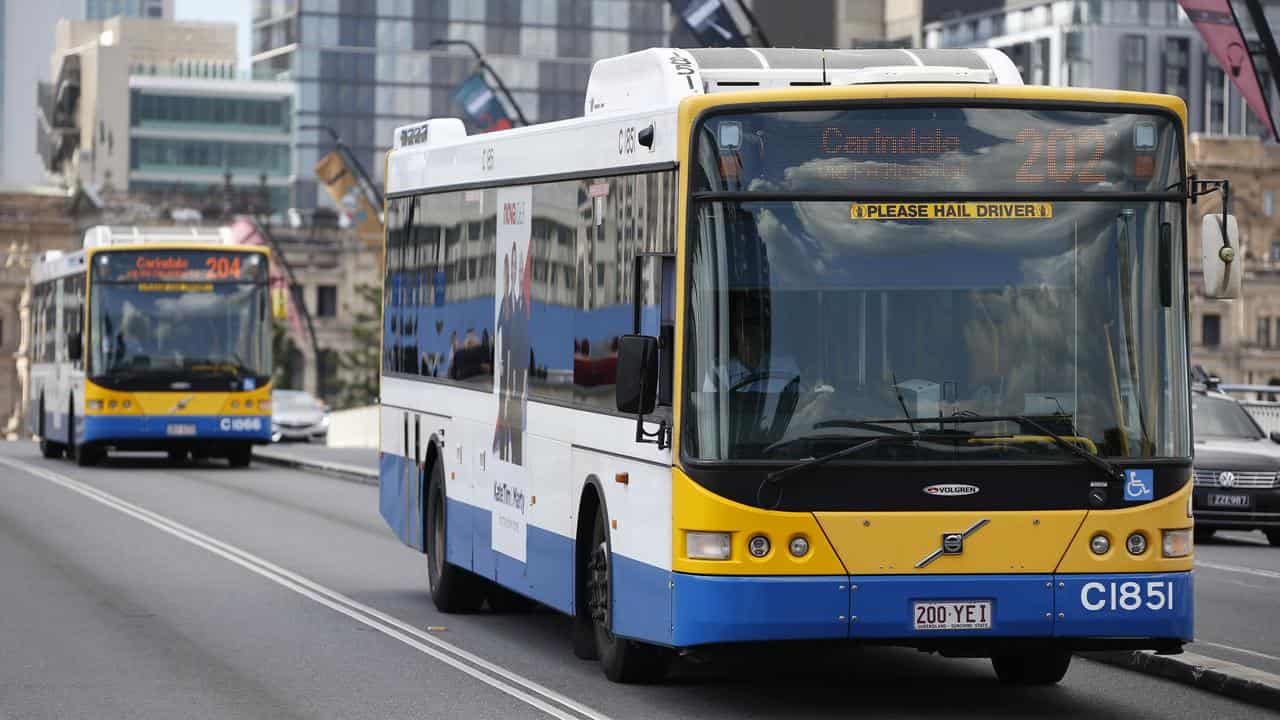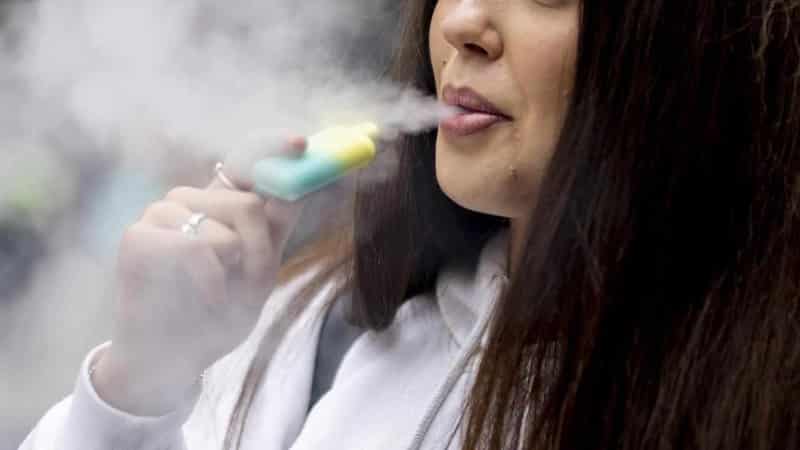
With the new year, there's new rules, regulations and tweaked government benefits.
Topping the list of new or altered policies is a ban on importing disposable, single-use vapes that's due to kick in on the first day of 2024.
The federal government's crackdown on vapes is only beginning, with further measures, including a ban on the personal importation of vapes, to start in March.
The January changes aim to stop those bringing single-use vapes into the country, with the ban to apply irrespective of nicotine content or therapeutic claims.
To coincide with the changes to importation rules, a new access scheme will be set up to allow doctors and nurses to prescribe therapeutic vapes where appropriate.
The new year will also be marked by permanent changes to the pension system to allow older Australians to work more without losing their payments.
The rules were brought in to help ease labour shortages that were particularly acute during the early stages of the recovery from the COVID-19 pandemic.
Under the adjusted rules, eligible pensioners and veterans can earn an extra $4000 — $11,800 rather than $7800 - before their government support payments are trimmed.
While first brought in as a temporary measure, the tweaks have now been made permanent and are expected to benefit roughly 195,000 new pensioners each year.
Social Services Minister Amanda Rishworth said the changes would support older Australians to work more, if that was what they wanted to do.
"No one should be financially disadvantaged by staying in the workforce longer or returning after some time away," she said.

Australians on youth, student and carer supports will receive a six per cent boost to stop high inflation eroding their purchasing power.
Social security payments are periodically adjusted to inflation to stop recipients going backwards as consumer prices move higher.
Around 936,000 recipients of Youth Allowance, Austudy, the Disability Support Pension and the Carer Allowance will all get a January 1 indexation boost.
However, Australian Council of Social Service chief executive Cassandra Goldie said the routine indexation would "barely scratch the sides".
“These payments were already too low for people to afford the bare essentials of life before the cost of food, rent, medicines and energy began to soar, and they will be completely inadequate after indexation,” she said.
Indexation will also kick in for co-payments on medicines subsidised on the Pharmaceutical Benefits Scheme, nudging out-of-pocket expenses higher.
The Pharmacy Guild of Australia has been campaigning to bring down the maximum co-payments for medicines from $31.60 to $19 to take pressure off stretched household finances.
"The Australian Bureau of Statistics shows that 1.1 million Australians are delaying, deferring or going without their essential medicines on a weekly and monthly basis,” Pharmacy Guild national president Trent Twomey said.
At the state and territory government level, several policy change are due to start in the new year.
Young Queenslanders will be able to attend kindergarten for free under the state government's plan to ease financial pressure on households.
While public transport fees in the sunshine state will be frozen for the next 12 months.

Cash-strapped NSW motorists will welcome the start of a $60 toll cap that could save commuters thousands of dollars a year.
Victorians with second homes are set to pay more in land tax as part of the state government's 10-year plan to improve its budget position after the pandemic.
In the ACT, thicker plastic bags will be banned in the final stage of a crackdown on single-use plastic.









